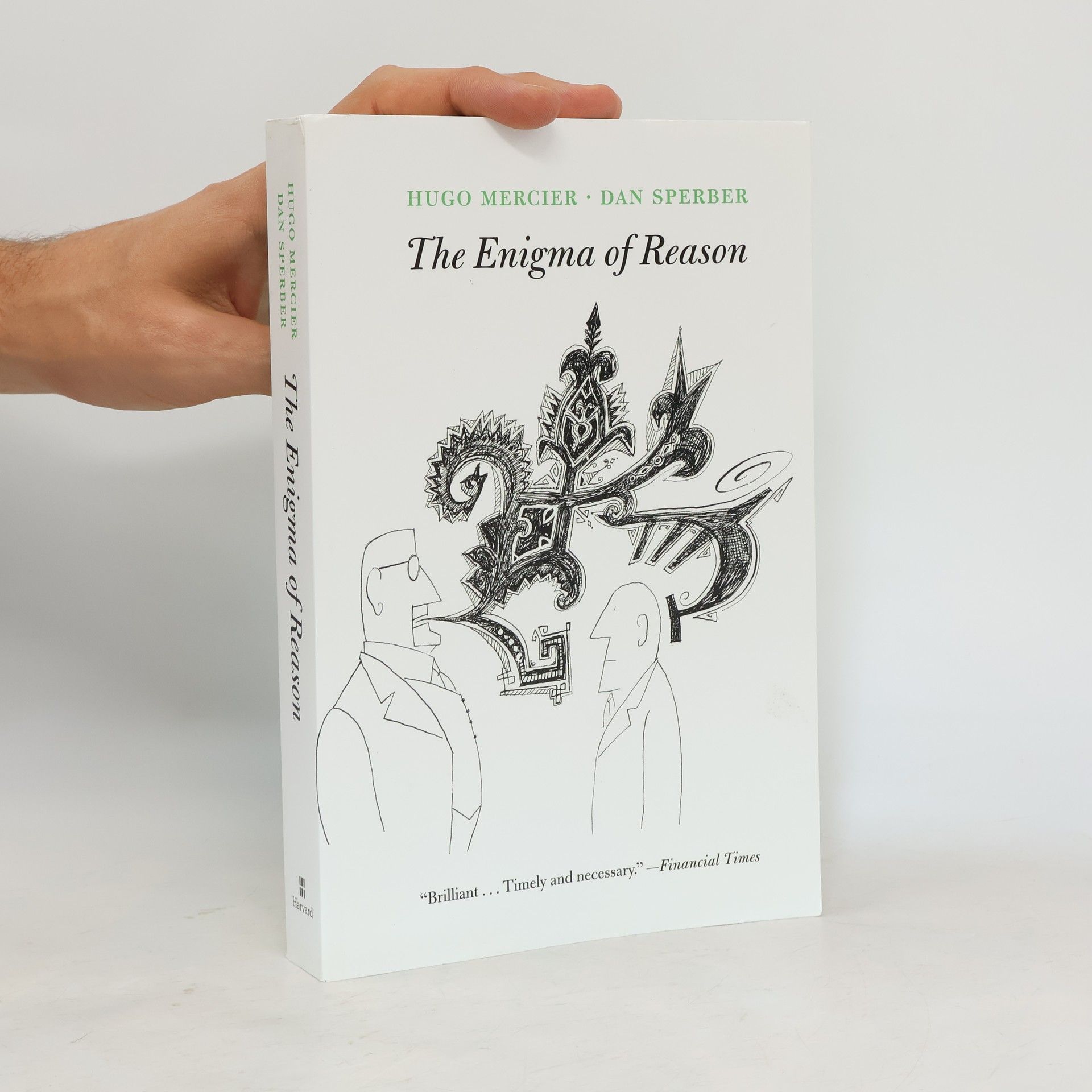William IV
- 112pages
- 4 heures de lecture
William IV, the 'Sailor King', reigned for just seven years. Rash and impetuous as a young man, he was sent to join the navy by his father, George III, to bring him to order, but he was overpromoted at an early age and saw his years of active service marked by a series of calamities. He was also notorious for his mounting debts and his long relationship with the actress Mrs Jordan, with whom he had ten children. Yet, as Roger Knight, one of Britain's foremost naval historians, shows in this concise and perceptive biography, William's bluff, unpolished sailor's manner made him popular with the people. Inheriting the throne amid strikes, riots and the push for parliamentary reform, he helped see the country through the great constitutional crisis of the era. Despite his many flaws, he was perhaps a better king than sailor, leaving the monarchy in a healthier state than when he found it, and enabling the smooth succession of his niece, Victoria.

